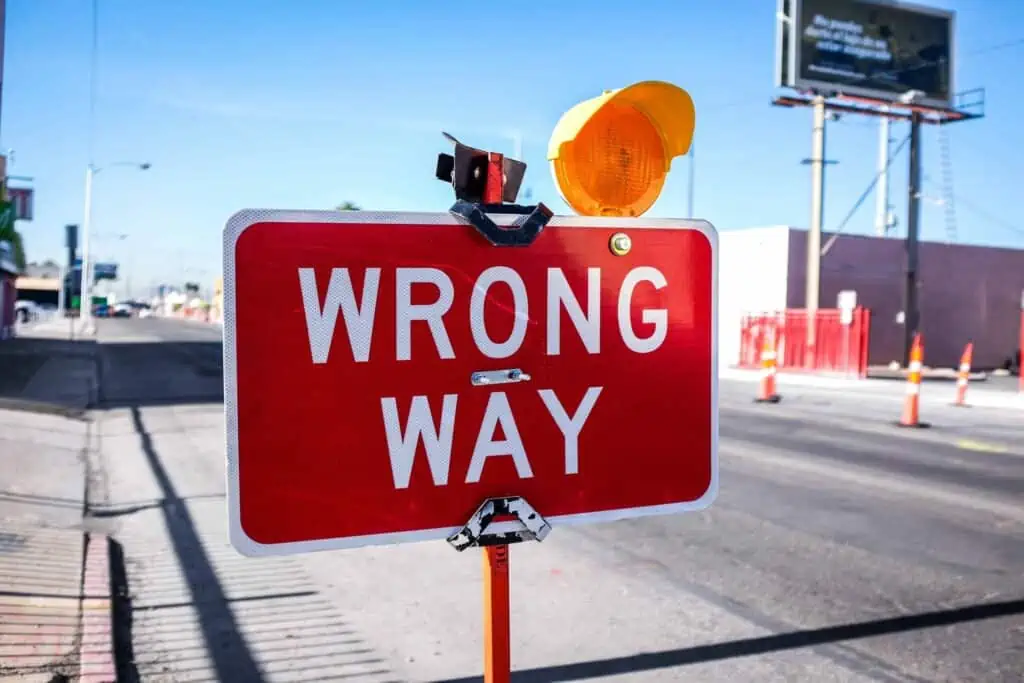Maybe the “guessing penalty” on the old SAT and current SAT subject tests is not the greatest misunderstanding in history, but it is close. Why? Because, as I will explain, the “guessing penalty” is a myth.
Here is how the SAT subject tests calculate a student’s score:
For each question correct: +1 point. Wrong: -¼ point. Skipped: 0 points. That probably sounds like a guessing penalty. But, hold on, maybe sit down, and brace yourself.
There are five answer choices for each question on SAT subject tests; thus, students have a one in five chance of guessing questions correctly. If students are guessing randomly, then we should expect them to guess one question correctly for every four they guess wrong. Here is how the guessing affects their scores:
Question 1 guessed wrong: -¼ point
Question 2 guessed wrong: -¼ point
Question 3 guessed wrong: -¼ point
Question 4 guessed wrong: -¼ point
Question 5 guessed right: +1 point
Net effect on a student’s score: 0 points
Thus, if students leave all the answers blank (and thus gets a score of 0), they will get the same score as if they had guessed.
Because students do not receive a lower score for guessing than for leaving a question 
Does the preceding matter? Yes. Students have an irrational fear of guessing on the SAT subject tests. This fear leads to hesitancy and uncertainty on when or if to answer 
Our recommendation: First, understand that there is no penalty to guessing; there is simply no advantage. This knowledge decreases anxiety and leads to better test taking and decision making on the test. Secondly, although statistically students should not lose or gain points from the “guess benefit balancer,” statistics do not always work out as planned. Thus, a student could get lucky and score higher from guessing or get unlucky and score lower. We would rather not have our students score randomly lower, so we advise them to leave a question blank if they cannot eliminate any answer choices. But, if students can eliminate just one answer, then they should definitely guess.
And the secret to eliminating at least one answer on every question is …. kept under lock and key by our very own tutors. Call us today to get access to it: (908) 277-0128. 😉







